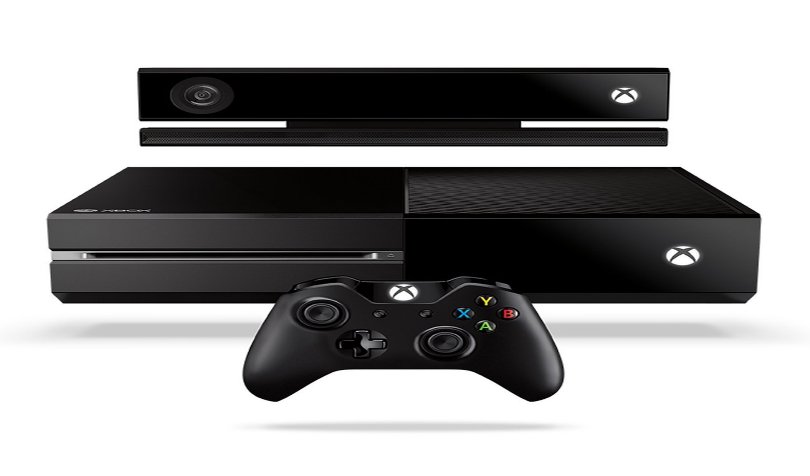When Microsoft unveiled the Kinect 2.0 sensor for Xbox One in 2013, it felt like the future had arrived. Gesture-based control. Voice recognition. A camera that could detect your heart rate. It was exciting tech. One step closer to the sci-fi dream of a Star Trek holodeck.
Then the excitement turned into unease.
When Innovation Crosses a Line
The Kinect 2.0 was always on. Its camera and microphone were always listening, always watching, even when you weren’t using it. That might sound convenient, but let’s be honest: it’s also disturbing.
What happens if you’re drying off your toddler after a bath in the living room? What if you’re having sex? What if you’re on a call discussing trade secrets? You didn’t sign up to be surveilled in your own home just because you wanted to play Forza.
The fact that this was even possible should’ve set off louder alarm bells.
A Weak Response to a Serious Threat
To their credit, some lawmakers did try to do something about it. The “We Are Watching You Act,” introduced by Reps. Mike Capuano and Walter Jones in 2013, was a direct response to the Kinect backlash. It would’ve required:
- Clear warnings when a device is recording or watching you
- Full transparency about what data is being collected and who can access it
- An opt-in model so consumers wouldn’t have to give up their privacy just to use the product they bought
It was a solid attempt at protecting consumer rights. Like many bills designed to challenge powerful tech companies, it went nowhere.
The Real Issue: Consent and Control
At the core of the Kinect debate is a question that still hasn’t been answered: Should consumers be forced to give up their privacy to use the products they buy?
It’s not just about gaming anymore. Smart TVs, virtual assistants, even some baby monitors now have “always-on” capabilities. Many of these devices can be hacked. Many don’t offer clear consent mechanisms. And yet, there is still no federal law that protects your right to not be watched in your own home.
Some states, like New York, are starting to push back on biometric surveillance. But piecemeal regulation isn’t enough. Consumers need consistent, national protection.
Over a Decade Later, Still No Law
As of 2025, nothing has changed on the federal level. The “We Are Watching You Act” is long dead. Other privacy-related bills have been proposed, but none have passed. Companies can still sell you devices that watch, listen, and collect data without meaningful restrictions.
This isn’t about fearmongering. It’s about fairness.
When someone buys a gaming console, they’re not agreeing to be surveilled. They’re agreeing to play games. Until lawmakers understand that difference, consumers will keep being asked to trade privacy for entertainment. Most won’t even realize they made a deal.
If tech companies want us to trust them with powerful, always-on devices, then lawmakers need to do their part. Consumers deserve clear laws that protect their privacy, especially in their own homes. Until then, the legacy of Kinect 2.0 is a warning, not a relic.
📌 Changelog
- June21, 2025: Article re-written to reframe the article and update as of 2025 there still isn’t a law to protect consumers.
- June 27, 2013: Original article posted.






